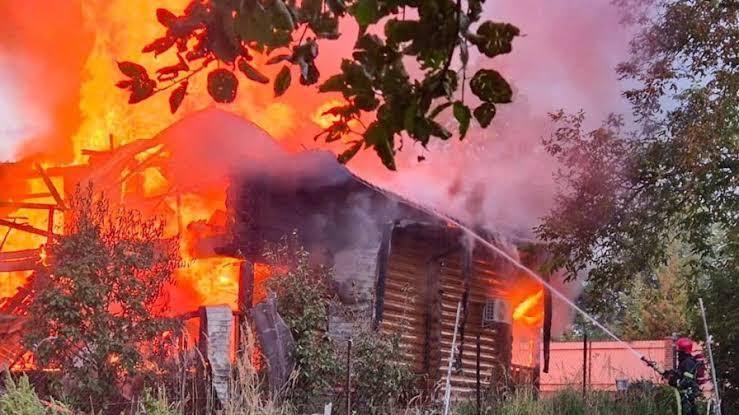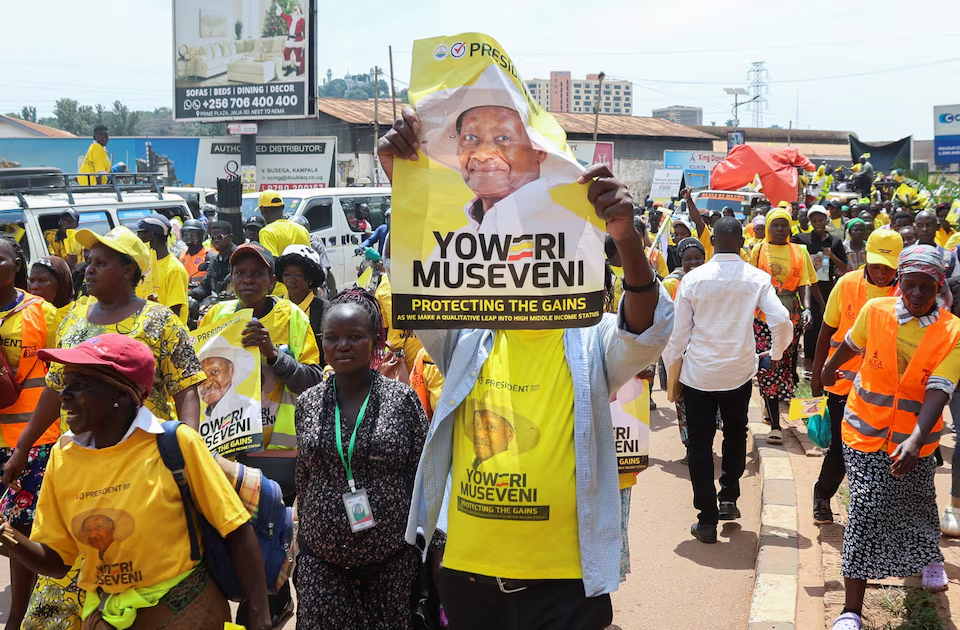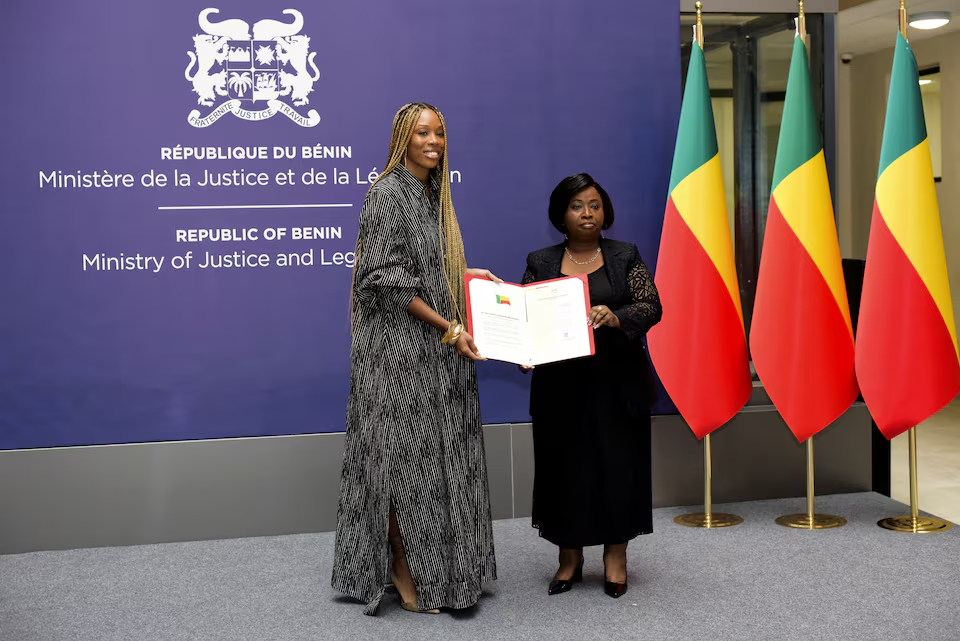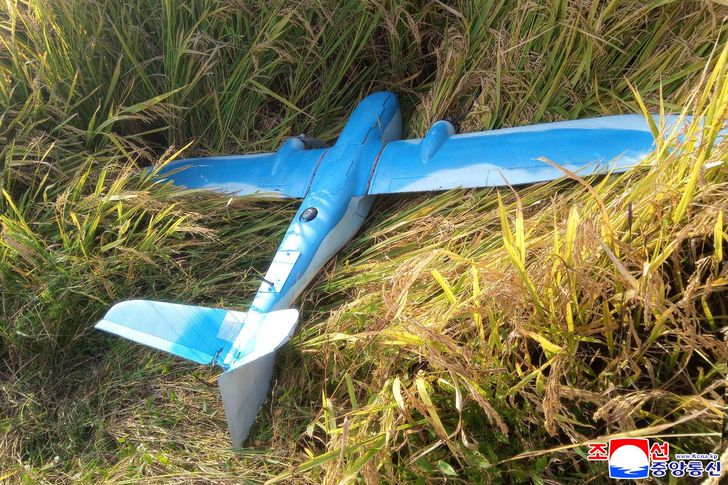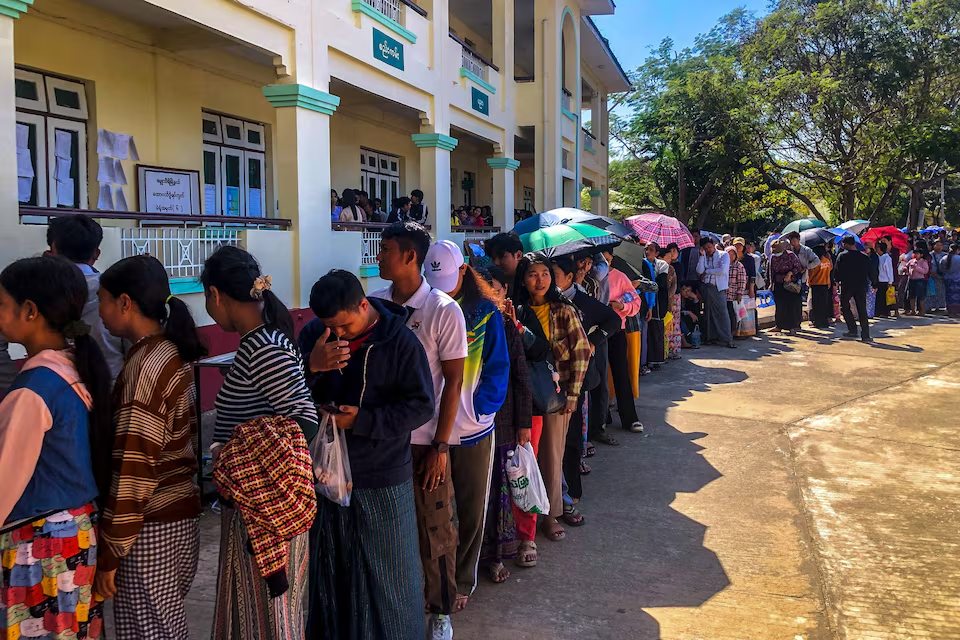For the first time, Britain’s government has agreed to compensate Kenyans for damage caused by its military, agreeing to pay £2.9 million ($3.9 million) in settlement after a devastating wildfire linked to its troops in 2021.
The payout follows a landmark ruling in Nairobi that stripped the British Army of long-standing legal immunity in Kenya, a decision that could reshape accountability for foreign militaries operating abroad.
The case centered on a blaze that swept across the Lolldaiga Hills Conservancy in central Kenya, destroying more than 12,000 acres of land used for conservation and cattle grazing. The fire, which raged for nearly two weeks, was traced back to a British soldier’s kerosene stove. It killed one person, destroyed wildlife habitats, and exposed thousands of residents to toxic fumes. Locals say the smoke caused respiratory illnesses, eye damage, and other long-term health problems.
More than 7,700 Kenyans and an environmental group joined in a class-action lawsuit, accusing the British Army Training Unit in Kenya (BATUK) of negligence. An environmental impact assessment presented in court warned that restoring the ecosystem could take 30 to 50 years.
For decades, Britain had argued that its forces enjoyed immunity from civil and criminal liability in Kenya. But in a ruling widely hailed by activists, High Court Judge Kossy Bor found that the UK relinquished “absolute immunity” when it signed a defense cooperation agreement with Nairobi, opening the door for legal action.
Read Also: Beijing Condemns Israel Over Gaza Journalists’ Killing
The settlement does not cover other controversies linked to Britain’s military presence in Kenya, where soldiers have long been accused of misconduct ranging from land disputes to the alleged killing of civilians. Still, lawyers say the payout marks a turning point in the struggle for accountability.
By admitting responsibility for the fire, the British government has effectively acknowledged limits to its shield of immunity — a precedent that could embolden more communities to seek redress.
For the people of Lolldaiga, the damages represent a measure of justice, though many say the scars of the fire — both environmental and personal — will linger for decades.

